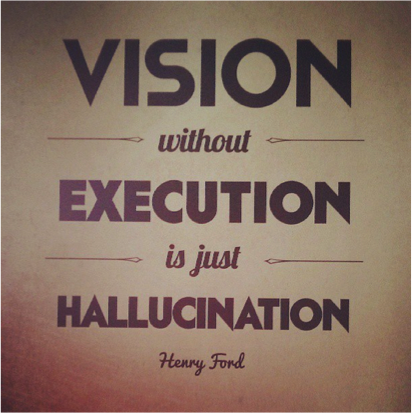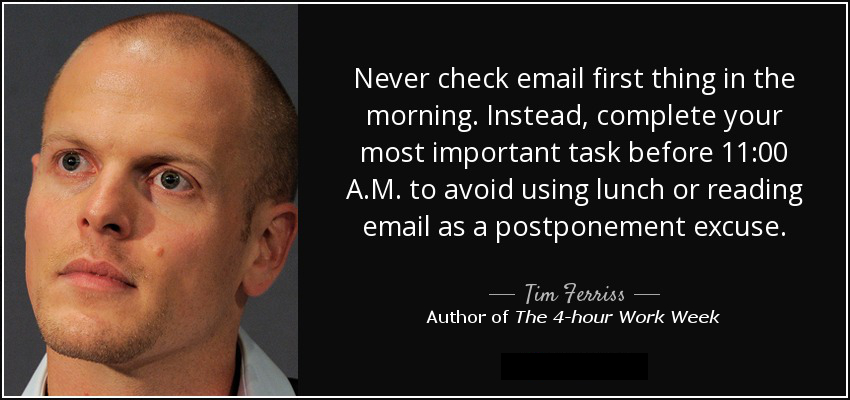Becoming More Proactive
Preparing for the expected and unexpected has always been touted as virtuous for hundreds of years– “A stitch in time, saves nine”, “The early bird gets the worm”, etc. However, knowing the virtue of being proactive is much different than actually doing it. To follow are tips and techniques that will help you become more grounded and proactive as you move ever closer into the driver’s seat of your life.
Tips & Techniques for Increasing Proactive Behaviors
Pausing
This is a more immediate version of the “Clarity Break”. In the moment, one of the most difficult and valuable things we can do is to pause. Sometimes, part of being proactive is actually simply reflecting. In the heat of the moment, we may say or do some things we regret. A few deep breaths can help ground us and give us the emotional space we need to be able to say what we mean rather than what we feel. If after we take that pause and we still aren’t cooled down, simply saying “I need to think about that and get back to you” is completely appropriate.
Being Empathetic
It’s common that when other people trigger us, we want to react. Along with taking a pause, taking a moment to think about the situation from multiple perspectives can also allow us to gain valuable insight. It may help us remedy a situation by being empathetic to the other person or people whom we’re being triggered by. Remember, being proactive is about not giving other people your responsibility. By engaging in unhealthy conflict, we let our energy be hijacked and thus become reactive.
Using Stimuli
Feeling stressed out, tired or anxious are common conditions that support reactive behavior. Rather than trying to internally fight the stress, it can be more valuable to take care of yourself. Simple things such as splashing your face with cold water and taking 10 deep breaths slows the heart rate and helps us regain grounding. Also, putting on classical or meditation music can support rebalancing as well.
Exercising
If you’re feeling off your game, research has shown that aerobic exercise increases the production of serotonin and dopamine, brain chemicals key to your feeling happy. Exercise also supports cell growth in the hippocampus, the area of your brain responsible for learning and memory.
Getting Out in Nature
One of the best ways to calm the soul is step away from other people, screens and buildings and spend a little time in nature. Research has shown that spending time in nature lowers stress hormone levels, improves blood pressure and gives our bodies vitamin D which helps our bodies function more efficiently. If you’re interested in more info, read this article from National Geographic on the power of nature to decrease anxiety, (Or watch the 2-minute video found there.)
Focusing on Learning
Sometimes, we may not always be as proactive as we would like. And truth be told, there are times where we’re downright reactive. It happens to all of us at some point. When this happens, an important question to ask is, “What’s to be learned from this?” Take a little time to reflect and see how the situation could have been handled differently. Do you have any similar situations coming up in your life where you can use the learning here to act more proactively in the future? The more this kind of learning becomes part of your practice, the more quickly you’ll be making consistent decisions proactively.
Planning
As we noted at the outset of this course, Abraham Lincoln is credited with saying, “The best way to predict the future is to create it.” This may be one of the most proactive statements ever quoted as it centers the responsibility of the future entirely on us, the individual. Any person or company that is successful has a successful plan. Where do you want your life, both personally and professionally, to be in 1 year? In 3 years? In 10 years? Do you have a clear picture of your future? If not, it could be meaningful to spend an hour and sketch out some of your key personal and professional goals at 3 years in the future. Once you have 3-5 core goals, backtrack. Where will you need to be in 2 years to be on track to accomplish your 3-year goals? What about 1 year? 6 months? At the end of this month? As you sketch this out, you’ll develop a clarified sense of where you want to go and how you’re going to get there. Of course plans change, but having a plan will give you a sense of direction and when things go off track, you’ll be better suited to get them back on track.
Being Disciplined

Email & Being Proactive
While checking emails has become such an integral element of most of our days, research has demonstrated that checking emails first thing in the morning can support a reactive tone throughout the day. The reason for this is that the intention of most emails is your response to something someone else needs. It shifts the focus of your morning away from you and your highest priority objectives to the objectives of others.
Julie Morgenstern, author of… wait for it… Never Check Email in the Morning says, “The problem with checking emails first thing in the morning is that the emails are setting your agenda instead of you.” She continues, “If you start your day with an important, focused project, you’ll get significantly more done.” The more proactive you can be in focusing on high priority tasks before you check your email, the more effective you’ll be in accomplishing what’s most important.


